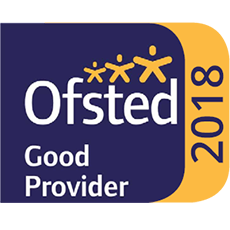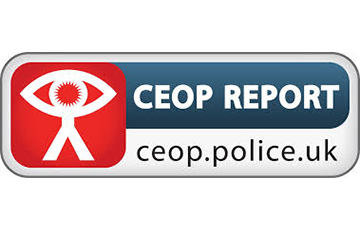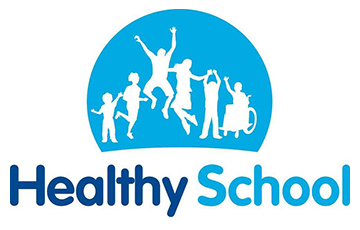Reading at Home
Reading
We have recently introduced a brand new scheme for Reading in school: Accelerated Reader.
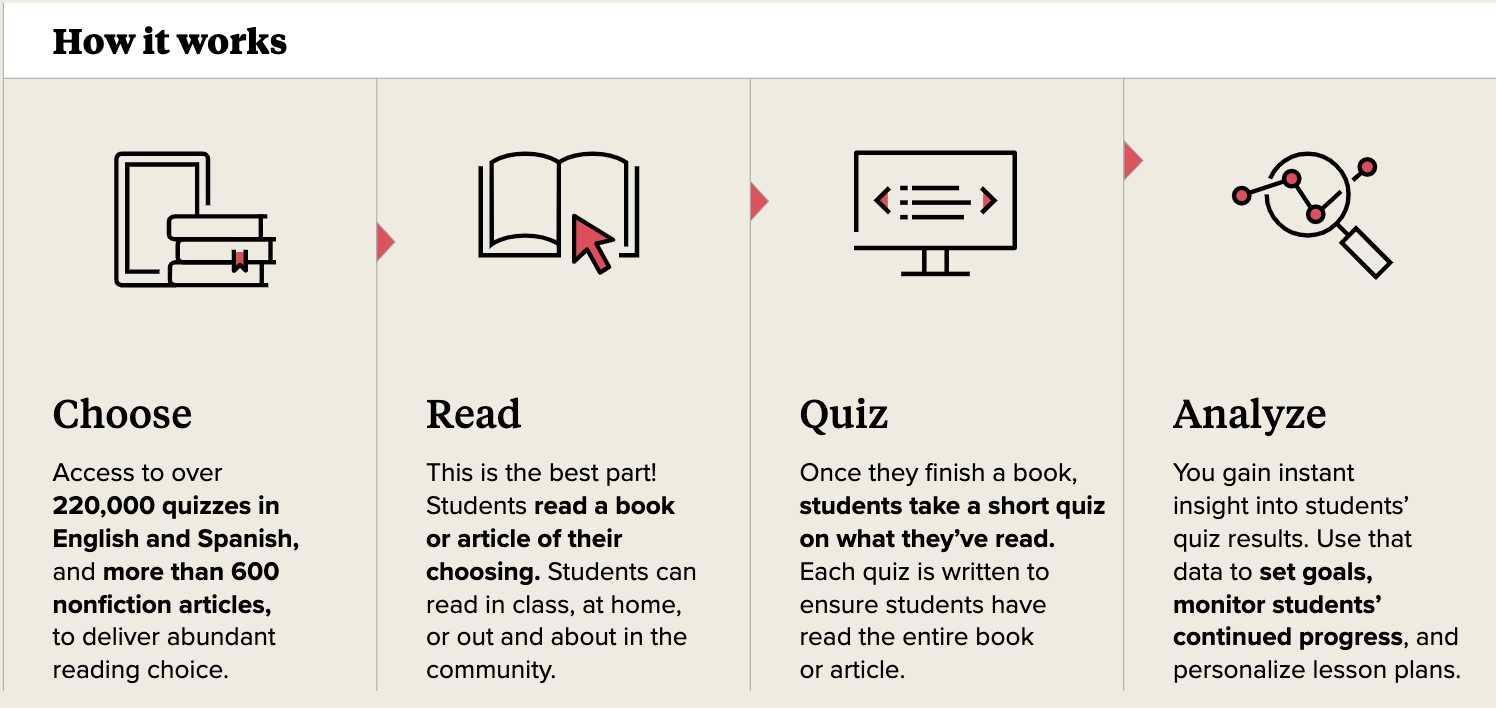
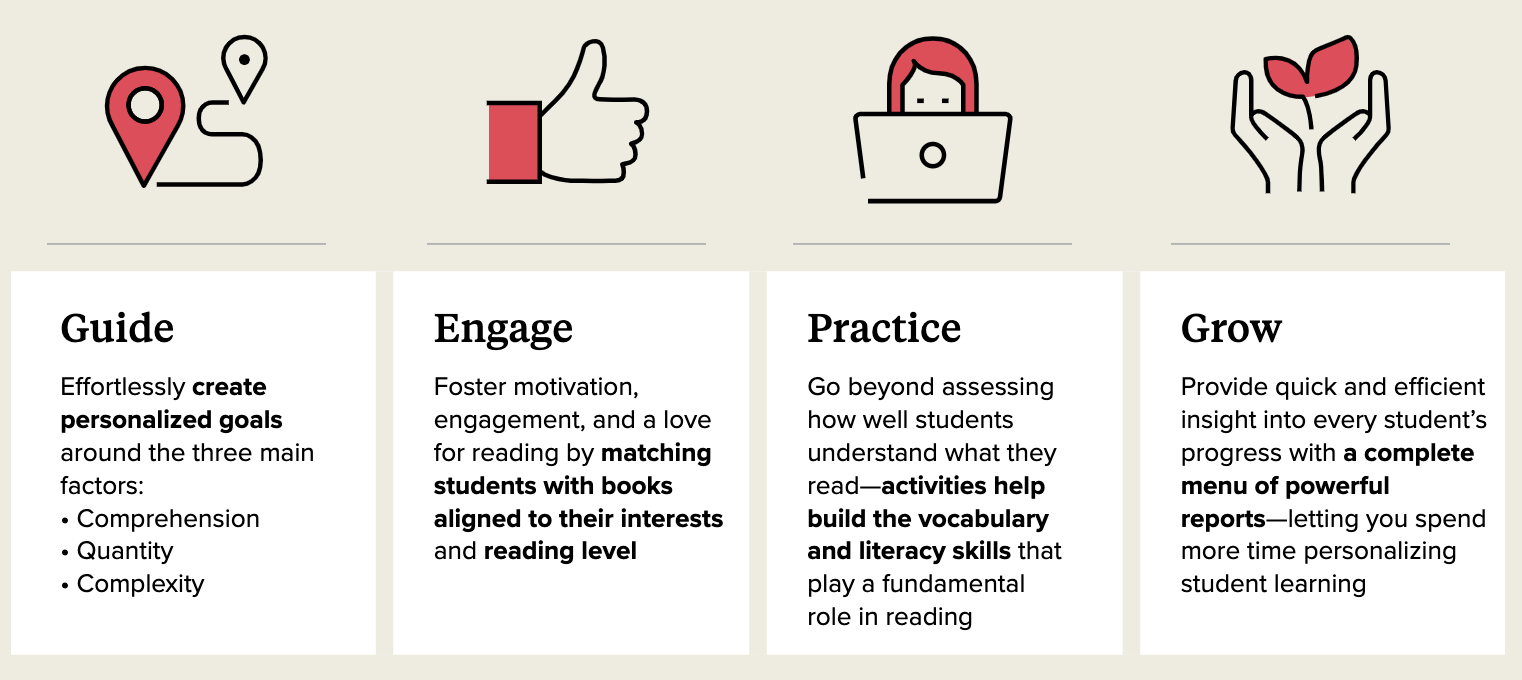
Accelerated reader engages all pupils to make a suitable book selection that is right for them and looks to question understanding of the text with specialised quizzes. Teachers are able to use these quizzes to analyse data and ensure the children are challenged suitably with their reading.
See our information booklet for early reading
See the accelerated reader brochure.
Supporting your child to read at home
Learning to read is a vital life skill that our children need to acquire at a young age. Children progress through different reading stages and all children will progress through these stages at different rates. Sometimes children progress slowly, sometimes fast and sometimes they plateau for a short while they consolidate their learning. It is often helpful for children to overlearn/repeat their learning to ensure their skills are secure before moving onto next stages. This helps them to build confidence in their abilities.
Reading is not only about segmenting and blending words to actually say a word aloud. It is also about really understanding what they have been reading about. Often, we ask children to repeat reading scheme books so that they can work on their comprehension skills rather than simply reading the words and sentences. If your child repeats a book, please focus upon their comprehension skills. Do this by asking questions that look for simple answers within the text and then more complicated answers which ask their opinion about something that happened in the book, the way a character may be feeling or predict what may happen next. Without these comprehension skills, foundations to their reading ability will be missing and they will find it very difficult to move through later reading development stages inhibiting them from becoming a fluent reader.
Asking your child questions whilst reading together will help them to gain a better understanding of the text, develop a broader range of vocabulary and enhance their creativity. Attached below are guides for each group on how to supoort your child at home.
You may like to use a selection of the questions below when reading with your child:
Fiction
- Look at the front cover. What could this story be about?
- Who is the author/illustrator? What do they do?
- Where does the story take place? (setting)
- Who are the main characters in the story?
- Can you retell the story using your own words?
- Tell me what this character was like?
- Tell me the most interesting/exciting/funniest/your favourite part of the story? Why?
- What do you think the character feels about...? How can you tell?
- What do you think would have happened if…?
- What do you think is going to happen next? Can you guess the ending?
- Which part of this book did you like best/least? Why?
- How has the author used words/phrases to make this character funny/sad/clever/frightening/excited etc.?
- Do you like the way the story ended? Can you think of a different ending?
- Do you know any more stories like this? Tell me how they are alike.
- Do you know another story with similar characters in? Tell me how they are similar.
- Has anything like this ever happened to you?
Non-fiction
- Tell me two things you found out that you didn’t know before.
- What does this part of the text tell us about ….?
- Which part of the text tells us about …?
- Why are some words in bold?
- How does this text/layout help the reader?
- How does a diagram/picture/caption help you to understand the information on this page?
- What can you use to help you find the information you need quickly?
- How does a glossary help us?
Reading for Pleasure at Home
For guidance on how to support your child with reading for pleasure at home, have a look at this leaflet, which has some great ideas on how to promote enjoyment in reading all the way up to Year 6 and beyond. See Reading for Pleasure at Home
You can also use these great, supportive resources from the Education Endowment Foundation to guide you when reading with your child/children.
Top tips for supporting your children with reading in reception year 1 and year 2:
Top tips for supporting your children with reading in Key Stage 2
If your child is a devoted Tom Gates or David Walliams fan and you are looking for ideas of books to encourage them to branch out, have a look at the 'Tube Map' for your child's age group which suggests books linked to your child's preferred authors or book genre. Alternatively, have a look at The Reader Teacher recommended books for each year group.
What should my child be reading?
The National Curriculum states that children should read a range of texts across their primary, including; stories, poetry, myths, legends, plays, non-fiction and text books/reference books.

